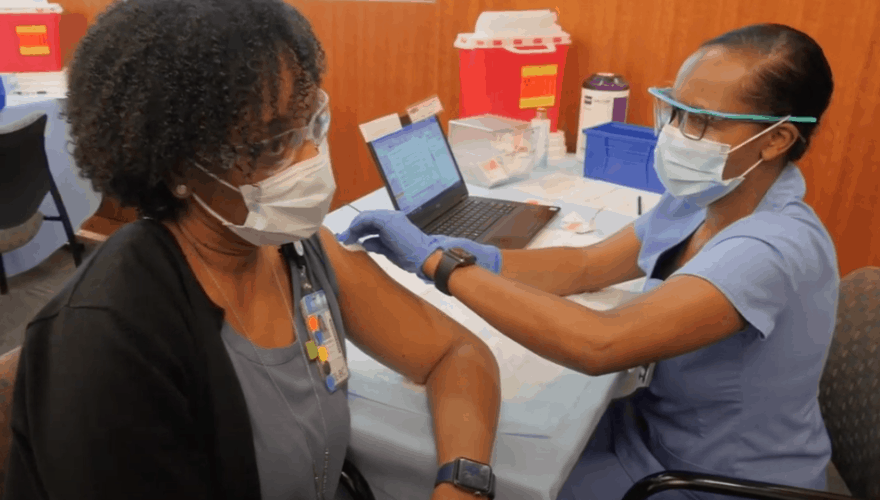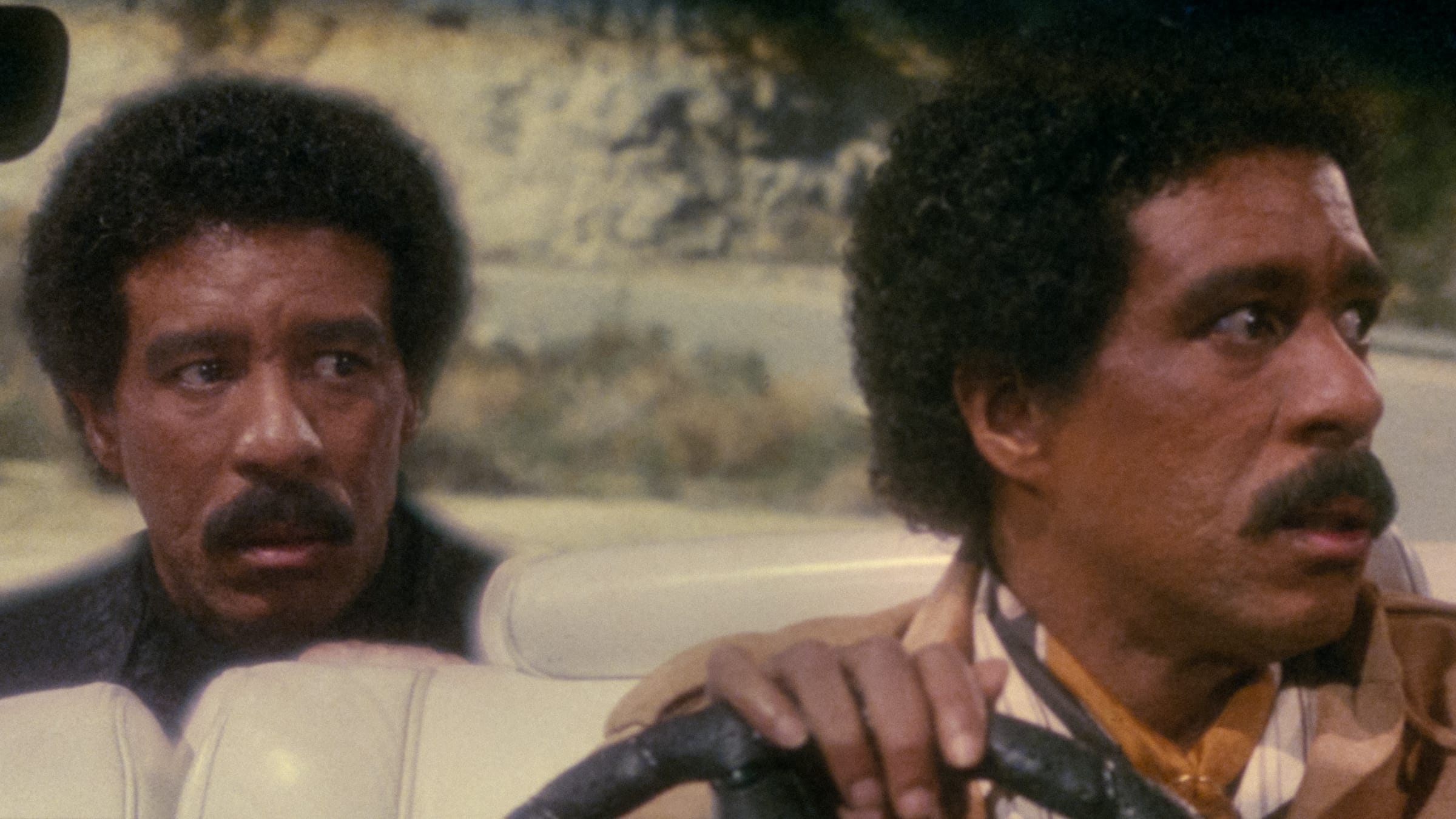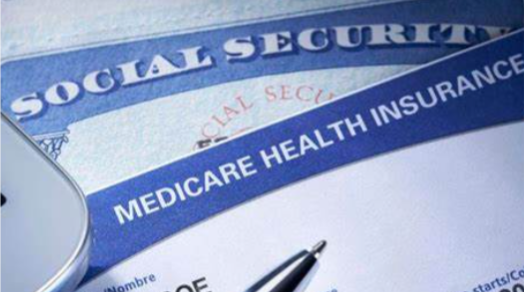(ThyBlackMan.com) Knowing African Americans were adversely impacted by this pandemic, and the fact a vaccine is within reach, it seems ironic that people are hesitant to be inoculated. Why would people of color, who are disproportionately affected, seem fearful about receiving a potential drug that could protect them against this dreaded life-threatening disease?
This article addresses several historical and current causes for the widespread distrust of the COVID-19 vaccine, reasons why the African American community were harshly impacted, and lastly, we provide potential solutions to ease the uncertainty with the vaccine. At the conclusion of this article, we hope you are more informed to answer the question, “Are you going to take that COVID shot?”

Reasons for apprehension
Surgical Experiments on Enslaved People
Throughout slavery, enslaved Black people were subjected to countless cruel and inhuman medical studies and experiments. Experiments included electric shocks, brain surgery, and trial amputations. Most notably were from J. Marion Sims who some hail him as the “father of modern gynecology.” Sims conducted experiments on enslaved women to treat vesico-vaginal fistula, a condition that caused a great deal of pain to the patient. Sims performed surgeries without any anesthesia because he believed the operations were not “painful enough to justify the trouble.”
Tuskegee Study, 1932-1972
The “Tuskegee Study of Untreated Syphilis in the Negro Male,” was conducted by the United States Public Health Service (USPHS) and involved blood tests, x-rays, spinal taps and autopsies of the subjects. A 40-year scientific experiment on syphilis was conducted on 600 African American men from Macon County, AL. The men were totally unaware of the disease they were given. The researchers falsely told the participants they were being treated, furthermore, they prevented the participants from seeking treatment that could save their lives. To track the disease’s full progression, researchers provided no effective care as the men died, went blind or insane or experienced other severe health problems due to their untreated syphilis.
It was not until a whistleblower, Peter Buxtun, leaked information about the study to the New York Times and the paper published it on the front page on November 16th, 1972, that the Tuskegee study finally ended. By that time, only 74 of the test subjects were still alive. A total of 128 patients had died of syphilis or its complications, 40 of their wives had been infected, and 19 of their children had acquired congenital syphilis.
There was mass public outrage, and the National Association for the Advancement of Colored People launched a class action lawsuit against the USPHS. It settled the suit two years later for 10 million dollars and agreed to pay the medical treatments of all surviving participants and infected family members, the last of whom died in 2009.
The Pressure to Approve
Federal regulators have come under intense political pressure to grant emergency use authorization for novel therapeutics for COVID-19. A rush to get a product to the public create mistrust and erode confidence in the process. Mass skepticism is currently within minorities populations. Vaccines should be developed free from political pressure, but during a global pandemic, this is a difficult task. It is a slippery slope when we inject politics into science.
Why minorities are so heavily impacted
COVID-19 has negatively impacted the entire American population; however, communities of color are disproportionally affected when compared to the general population. The CDC confirms that Black, Native, and Latinx are more likely to be hospitalized from COVID conditions than others. These communities share common social and economic factors that increase their risk for COVID-19. We have identified several reasons explaining why these communities are at a greater risk.
Underlying health conditions
Minority communities suffer from diabetes, heart disease, and hypertension at a higher rate which increases the likelihood of hospitalization and potential death from COVID-19. Being able to afford doctors’ visits, medications, and equipment to manage a chronic disease is essential to lowering the risk of death from COVID-19 and other conditions. For instance, a patient with badly controlled diabetes or asthma due to inconsistent treatment is more at risk for severe coronavirus infection.
Occupations
Many service industry careers have a high interaction with the public such as retail, environmental services, food services, transportation sectors, and home health caretakers. These jobs generally cannot be performed remotely, and they require close contact with the public, thus increasing their risk of exposure.
Residence
People of color are more likely to live in multi-generational homes, crowded conditions, and densely populated areas. This makes social distancing difficult, and again, increasing their risk of contracting COVID-19.
Stress and immunity
Studies have proven that stress has a physiological effect on the body’s ability to defend itself against disease. Income inequality, discrimination, violence, and institutional racism contribute to chronic stress and in turn increases vulnerability to not only COVID-19, but other health issues.
Motivation to take the Vaccine
Restoring public trust and confidence to people who have been de-humanized, marginalized, mistreated, and violently denied equality to receive a suspect vaccine is the task at hand. Health care professionals are aware of the distrust Black Americans have for medical experimentation and vaccines. To create confidence, eight prominent Black doctors and nurses wrote, what is now called a “Love Letter to Black America,” encouraging people to get the vaccine when it is made available.
Another organization that is restoring confidence is the “The Black Coalition Against COVID.” They are an organization based in Washington D.C. founded with the purpose to collaborate with civic organizations, Historically Black Colleges and Universities (HBCU), and community leaders to share information about COVID-19. Their efforts are centered on combating misinformation about the development of the vaccine.
Religious leaders have the potential to build confidence by providing congregants access to valid information about the process, distribution, and locations of the vaccines. Despite the failures of the past, religious leaders, in coalition with medical professionals, are a vital part to stopping or slowing the spread of misinformation and reducing the amount of skepticism about the vaccine.
A concerted effort is required to ensure African Americans are involved in the development of a vaccine that is safe and successful. It is winning the hearts and minds of people who have valid reasons to distrust and give pause to receiving the shot. We recommend people learn as much as they can concerning the disease and vaccine and to seek only reliable and credible sources to gain information.
Written by Rev. Dr. Larry E. Thompson, Rev. Dr. James A. Cobb, Rev Henry L. “Charlie” Sanders Jr, and Deacon Glenn Davis.

















Yes, I’m going to take that COVID shot!